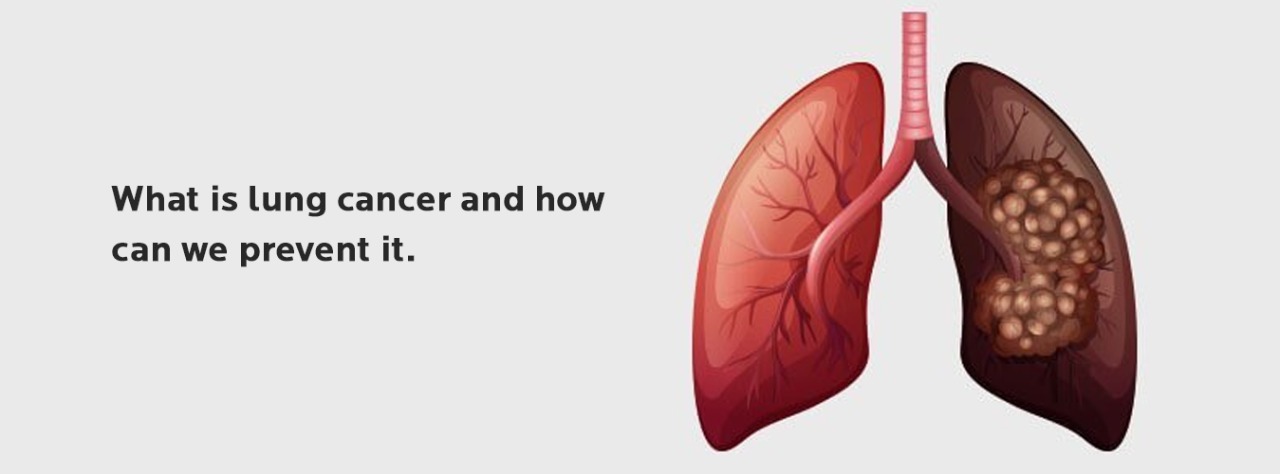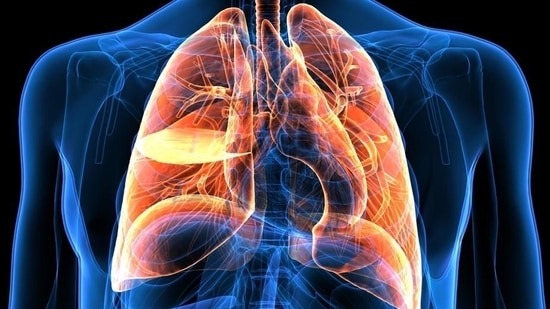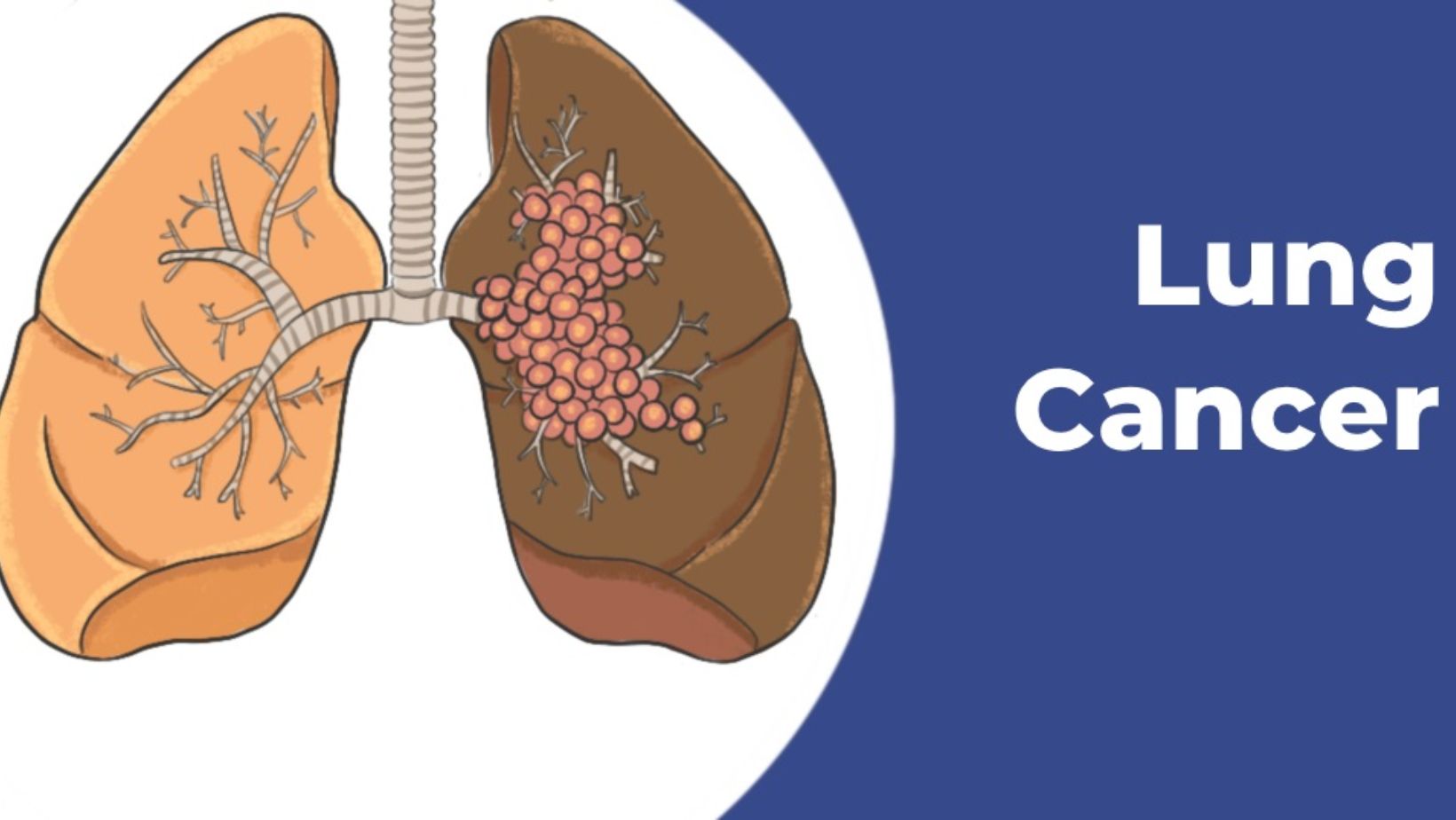Lung cancer presents a global challenge, claiming lives worldwide. Despite its status as one of the most common and deadly cancers, it’s crucial to recognize that many instances of lung cancer can be prevented through informed decisions and risk mitigation strategies. This article delves into the key factors behind lung cancer and offers actionable steps for prevention.
Lung cancer originates from the uncontrollable multiplication of irregular cells within the lungs, frequently leading to the formation of tumors that can interfere with normal lung function. While lung cancer is influenced by several risk factors, its primary causes can be summarized as follows:
1. Smoking:
- Smoking tobacco, whether via cigarettes, cigars, or pipes, stands as the foremost cause of lung cancer.
- The carcinogens in tobacco smoke harm lung cells, leading to mutations and tumor development.
- Secondhand smoke, or passive smoking, poses a significant risk, particularly for non-smokers exposed to enclosed spaces filled with smoke.
2. Radon Exposure:
- Radon, an odorless, colorless radioactive gas, can accumulate in homes, especially in regions with specific geological conditions.
- Extended exposure to radon gas is a known lung cancer risk, as it emits harmful radioactive particles when inhaled.
3. Occupational Hazards:
- Occupational exposure to hazardous materials such as asbestos, arsenic, and certain chemicals heightens lung cancer risk.
- Workers in industries like construction, mining, and manufacturing face elevated vulnerability.
4. Air Pollution:
- Prolonged exposure to outdoor air pollution, including particulate matter and harmful gases, contributes to lung cancer risk.
- Urban locales with high pollution levels may pose an elevated threat.
5. Genetic Factors:
- Some individuals inherit genetic mutations that predispose them to lung cancer, even in the absence of other risk factors.
- A family history of lung cancer can also heighten susceptibility.
Preventing Lung Cancer: While certain risk factors, like genetic predisposition, may be beyond our control, numerous effective strategies can reduce lung cancer risk:

Read more.. Progresses in Clinical Innovation: Developments Forming Medical Care Conveyance
1. Smoking Cessation:
- Quitting smoking represents the most potent preventive measure. Seek support from healthcare professionals, support groups, or smoking cessation programs to overcome nicotine addiction.
2. Radon Testing and Mitigation:
- Test your home for radon levels and take necessary measures, such as sealing cracks and installing proper ventilation, to mitigate exposure.
3. Occupational Safety:
- Adhere to workplace safety protocols and use protective equipment to minimize contact with hazardous substances.
4. Air Quality Awareness:
- Stay vigilant about air quality in your area, especially if residing in urban settings. Limit outdoor activities during periods of high pollution.

Read more.. Guarding Your Newborn from Mosquito Bites: Tips for a Serene Night
5. Healthy Lifestyle Choices:
- Adopt a balanced diet rich in fruits and vegetables, engage in regular physical activity, and maintain a healthy body weight.
6. Regular Check-ups:
- Undergo routine health check-ups to monitor lung health, especially if you have a family history of lung cancer or other risk factors.
7. Education and Advocacy:
- Raise awareness about the hazards of smoking and advocate for stricter regulations concerning tobacco products and air quality standards.
In Conclusion
Lung cancer presents a formidable challenge, but its risks can be significantly diminished through awareness, informed decisions, and preventive actions. By understanding the primary causes of lung cancer and proactively addressing these risks, individuals and communities can unite in the fight against this devastating disease, striving for a healthier future.
Read more.. Care Supreme Health Insurance: Your Top Choice for Comprehensive Coverage




